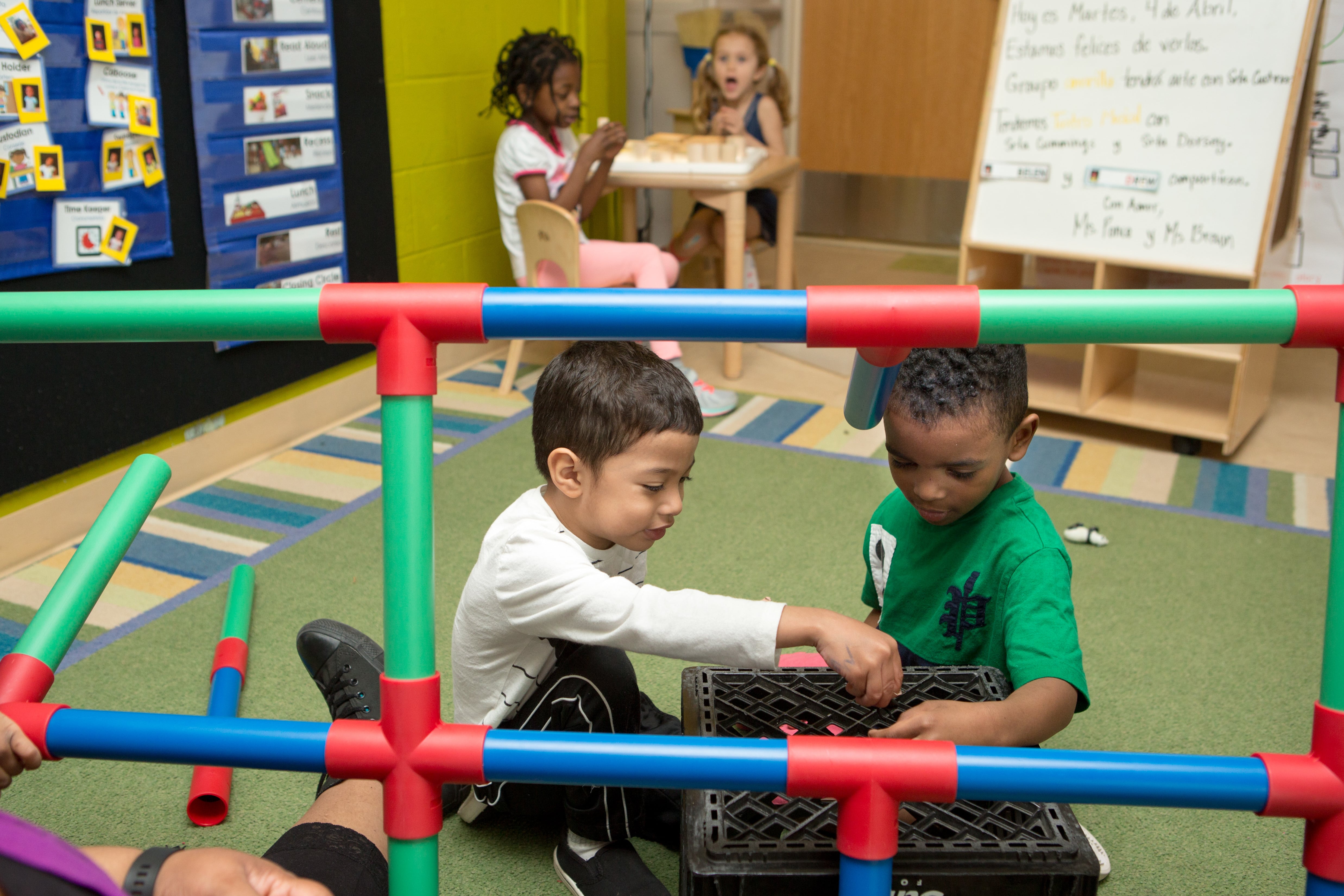When it comes to the $262 million coronavirus relief money earmarked for Newark schools, city parents are clear: They want to know exactly where the money goes and they want a say in how it is spent.
That comes from an online poll commissioned by Newark-based voting advocacy group Project Ready and conducted by polling firm Change Research of 346 Newark voters, a third of whom have school-age children. The poll, administered from May 15 to May 20, also found that city parents strongly agree with spending the money on tutoring services, a $500 educational stipend for every student, and other programs such as expanding pre-K and mental health services.
“Parents don’t just want a seat, they want to be a decision-maker in how this funding is used and make sure the process to provide that input is accessible to all,” said Nayibe Capellan, chief of staff at Project Ready.
About 85% of Newark parents said they agree that “it’s important that parents, teachers, employers, and non-profit leaders have a seat at the table and a voice in how this funding is used,” the survey said.
Forty-six percent want the district to “create a commission of employers, non-profit leaders, teachers, and parents to have a voice in how funding is used,” according to the survey. About 45% said they want transparency and another 45% said they want accountability when it comes to how the district spends the funding.
New Jersey’s public schools are set to receive $2.7 billion, with $177 million slated for Newark, from the latest round of COVID-19 relief funding approved by President Joe Biden and Congress earlier this year. In addition to $84 million in relief funds already allocated for Newark schools, the total due to the district amounts to $262 million in new federal aid, or nearly $7,300 extra per student.
“This is a once-in-a-generation opportunity,” Capellan said. “Newark voters and parents see this as our one big opportunity to make things equitable and to shift education in Newark for everyone for years to come.”
The survey, which was also administered to 1,215 voters statewide, found that two-thirds of all New Jersey parents would take advantage of tutoring services if offered. That jumped to 83% for low-income parents. In Newark, 92% of parents said they would use tutoring services.
“To have access to high-quality tutoring service for free can be really life-changing for some students,” Capellan said.
Another 85% of the Newark respondents said that a one-time $500 grant for their child’s education would make an impact on their academic success, the survey said.
When asked about the types of academic and social emotional services the district should invest the money into, the top five priorities of survey respondents were:
- Providing teachers with better instructional materials and digital resources;
- Developing tools to help teachers with student academic and mental health needs;
- Providing tools and support for students’ emotional and mental health needs;
- Providing special funding for students with greater learning needs;
- Expanding broadband access to underserved areas and upgrading technology.
“Parents were at their child’s side for the last year watching them struggle academically and they know what’s missing from their education,” Capellon said. “Policymakers should take into account the suggestions that parents are offering and show them how they’re being implemented and executed.”






